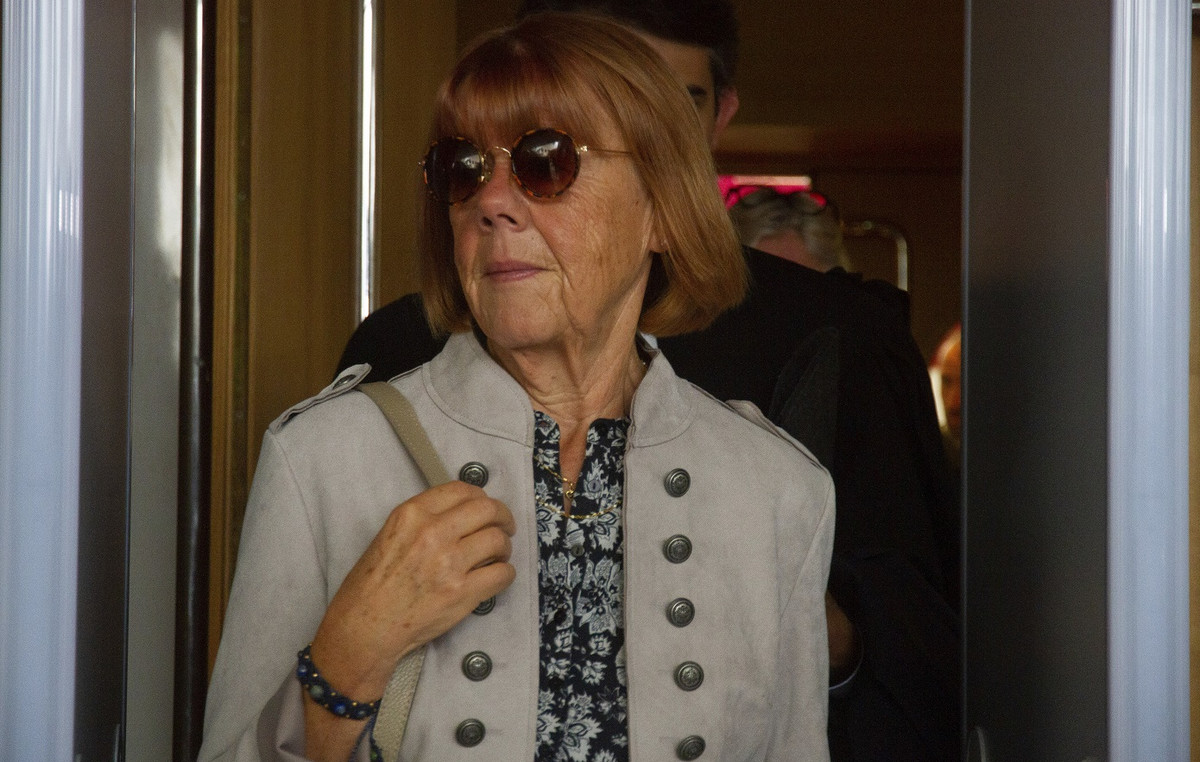In Brazil, around three million people live with heart failure, but this number could increase, according to experts invited from the “CNN Vital Signs – Dr. Kalil Interview ” this Saturday (30).
“A recent study, with data from DataSUS, showed that, from 2018 to 2021, almost 900 thousand people were hospitalized for heart failure. From 2008 to 2018, two million people. With a cost, in Brazil, of R$3 billion. If we take data from the United States, by 2030 there will be an increase of 46% [de casos] affecting eight million Americans, at a cost of $30 billion. In other words, heart failure is one of the diseases that will be the problem of the future”, says cardiologist Fábio Fernandes, specialist in cardiomyopathies at Incor.
Fernandes and Silvia Ayub, cardiologist also at Incor, are the guests of Dr. Roberto Kalil warn about the severity of heart failure and the importance of carrying out treatment appropriately.
Heart failure is a condition characterized by the inability of the heart to pump blood properly, compromising the functioning of other organs in the body.
“Heart failure is a syndrome and, as a syndrome, there are several diseases that can lead to this condition,” says Fernandes.
According to him, there are two types of heart failure. One of them originates from the weakening of the heart muscle, which is unable to pump blood correctly. Men are most affected by this type, and the causes are diverse.
“Acute myocardial infarction, dilated cardiomyopathies, Chagas disease, cancer patients, myocarditis, viral causes. There is a very wide range of changes that can affect the heart muscles”, says the cardiologist.
The second type occurs when the problem is in muscle relaxation. “It contracts very well, but relaxes with some difficulty”, says Fernandes. Hypertension and diabetes are some of the diseases that may be at the root of the problem. This type affects the female population more.
Among the main symptoms of heart failure are swelling in the legs and belly, fatigue and tiredness, including when carrying out usual activities, such as getting dressed or bathing. In the program, Dr. Kalil explains how to differentiate this tiredness from everyday exhaustion. “The classic symptom is the guy who arrives saying: ‘I went to the bakery every morning to buy my bread. Now, I can’t get to the bakery, because I’m too tired.”
Heart failure has high mortality
Ayub warns about the severity of heart failure, which has high mortality. “After being diagnosed with heart failure, 50% of individuals will die within five years of the disease. And in the elderly, this reduces to 35% survival in five years. It is even more serious than some cancers. Normally, when a patient is diagnosed with an oncological disease, they are very scared. Maybe he doesn’t realize that heart failure is as serious or even more serious, in some cases,” he says.
The cardiologist explains that the main risk factors include the aging of the population and improvements in the treatment of so-called primary heart diseases. “Today, if I have an acute myocardial infarction, I open the artery, recover part of the heart. If I have valve disease, I change the valve. I treat hypertension. But, sometimes, you have some sequelae in the myocardium and in the long term, you can develop heart failure”, he adds.
Artificial heart is an option for serious cases
The treatment of heart failure is, in general, medication-assisted, with most medicines also available on the public network. However, serious cases may require the use of an artificial heart or, as a last resort, a transplant.
“The artificial heart, despite the name giving the impression that it is a machine that replaces the entire heart, in fact (…) is a device that assists the left ventricle. It’s like a water pump: it sucks blood from the left ventricle and sends it to the aorta. So, it replaces this side of the heart, which is the most important part that pumps blood to the body”, explains Ayub.
According to the specialist, today patients who use the artificial heart can live a full life and even practice physical activities. “We change the life of this individual, who would have a survival prognosis of less than 10% in one year.”
This device can be used as definitive therapy or for patients waiting for a transplant. “Brazil has a very important heart transplant program, perhaps the main program in the world covered by the SUS, and we have a number of transplants of around 350 to 370 transplants per year. And it is extremely effective. A patient who undergoes a heart transplant has a life expectancy of 10 to 15 years, so it is a dramatic change in the life story of each individual”, says Ayub.
Currently, the greatest difficulty is still the time that the patient needs to remain in line waiting for a transplant. “Sometimes the patient stays in hospital for four to six months, needing intravenous medication to get to their time in line. Maybe then we will have to improve our organ donation even more”, he concludes.
“CNN Sinais Vitais – Dr. Kalil Interview” will air on Saturday, November 30, at 7:30 pm, on CNN Brasil.
This content was originally published in Heart failure: cases are increasing in Brazil, experts warn on the CNN Brasil website.
Source: CNN Brasil
I am an experienced journalist and writer with a career in the news industry. My focus is on covering Top News stories for World Stock Market, where I provide comprehensive analysis and commentary on markets around the world. I have expertise in writing both long-form articles and shorter pieces that deliver timely, relevant updates to readers.







